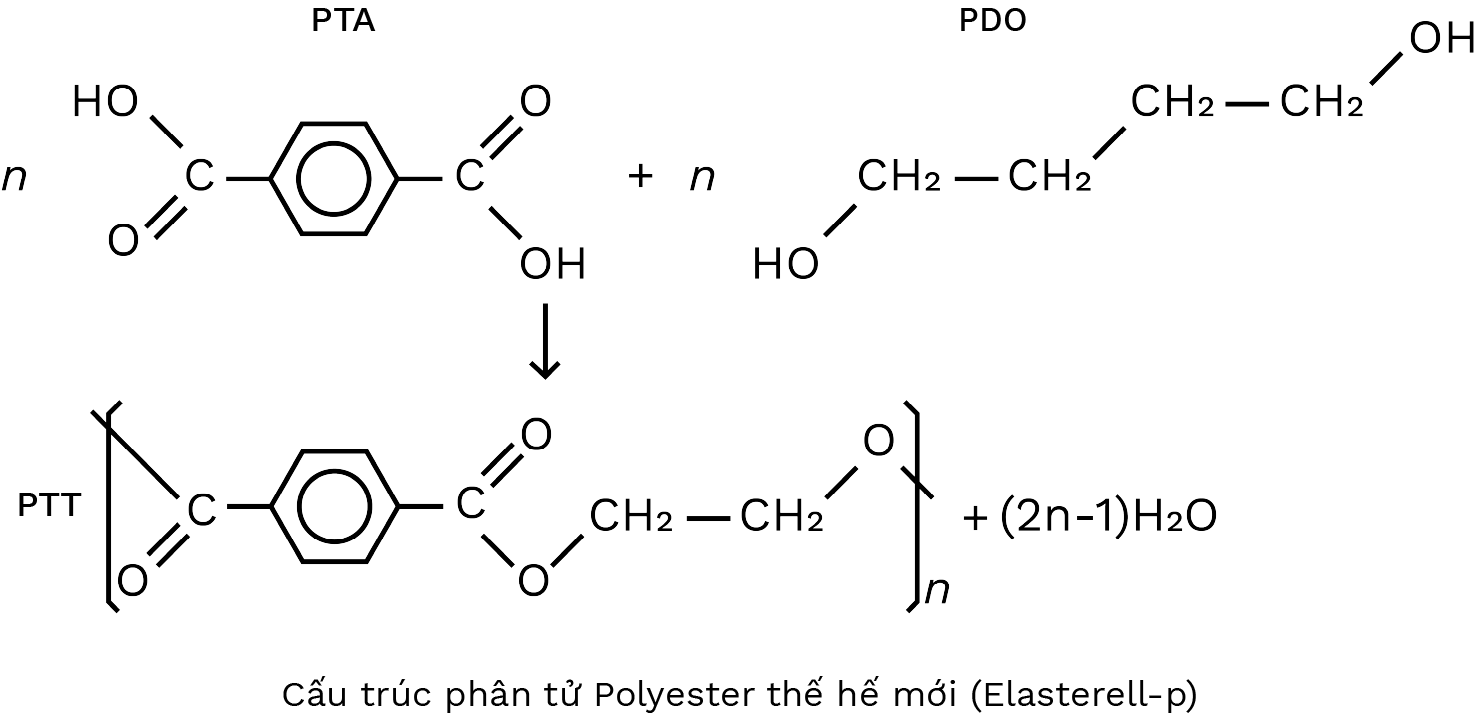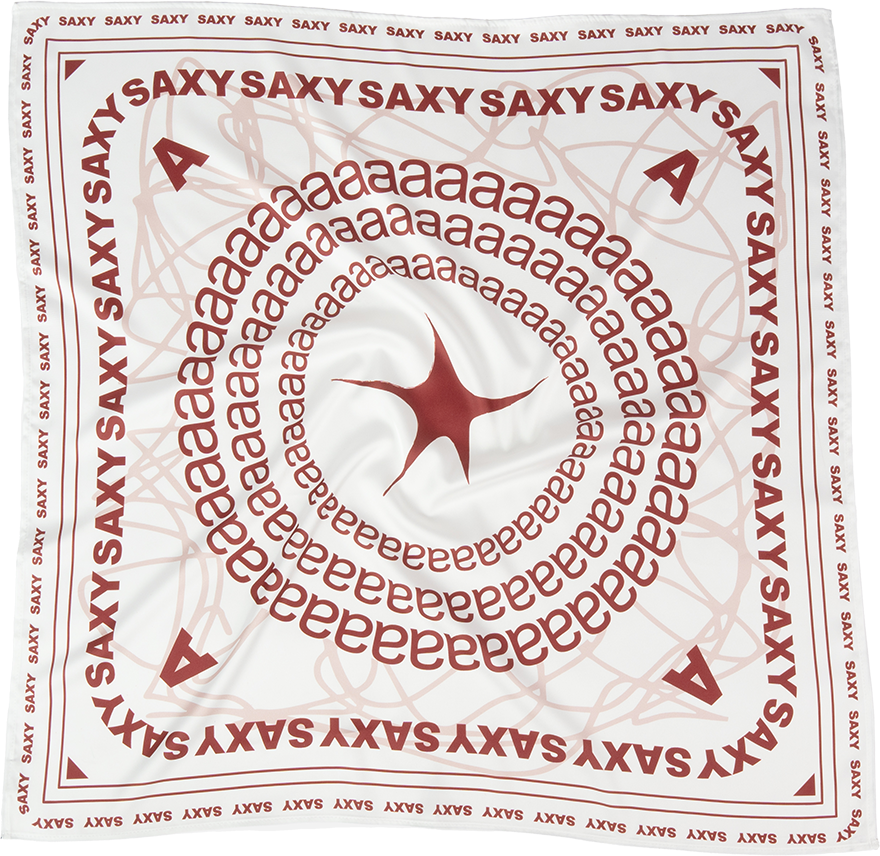Polyamide
Synthetic materials
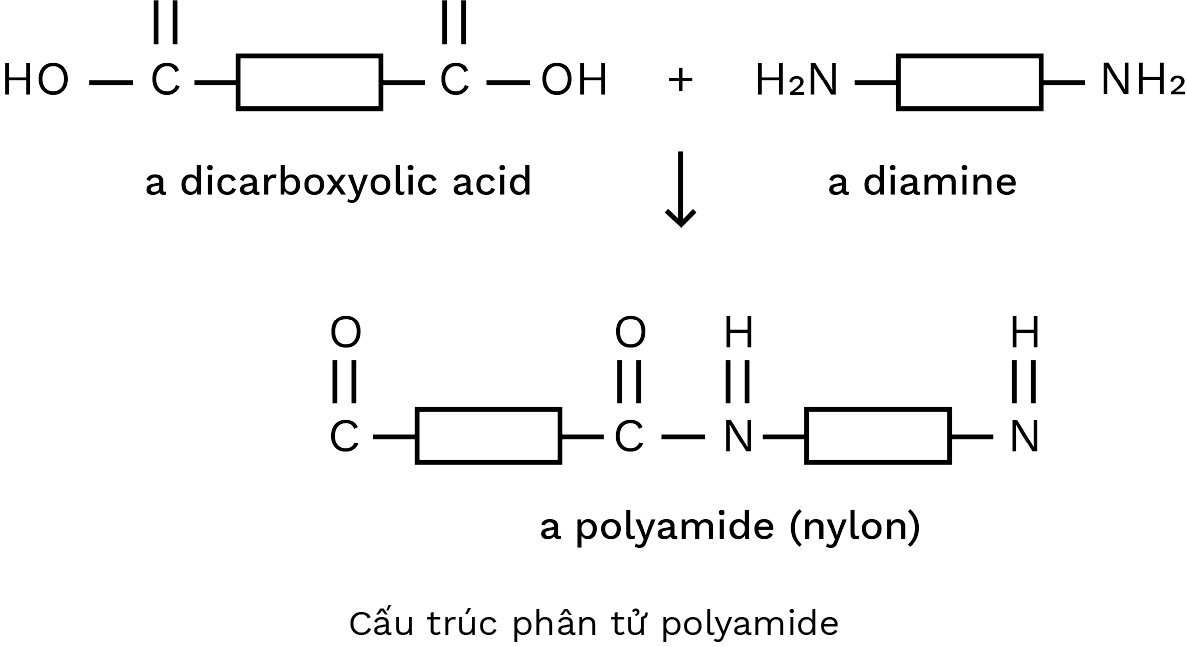
Polyamide, also known as nylon, is a synthetic material similar to polyester. It is petroleum-based and produced through the polymerization of amide alcohols. Polyamide is priced 1.3 to 1.5 times higher than polyester due to the fact that it requires twice as much energy to produce its input fibers.
Thanks to its refined finishing, polyamide offers higher durability. However, it has lower heat resistance and must be dyed at lower temperatures, resulting in less colorfastness compared to polyester. Its excellent moisture absorption and premium finish make it ideal for high-performance sportswear such as golf and yoga apparel, as well as cooling summer garments.
Polyester
Synthetic materials

Traditional
Polyester is a synthetic material made from coal, petroleum, and air — essentially a type of plastic. Its fibers are formed through a chemical polymerization process.
With high durability and affordable cost, polyester is widely used in sportswear, uniforms, and outerwear. Today, it’s often blended with other materials like cotton, nylon, and viscose to enhance strength and performance. Polyester also comes in various improved versions: FD (Full Dull) for reduced sheen, Cross Section for faster moisture absorption, and HS (High Stretch) for added elasticity.
Recycled
Recycled polyester, also known as rPET, is made by melting down used plastic and re-spinning it into new polyester fibers.
There are two types of recycled polyester: Pre-consumer recycled (reclaimed from production waste before reaching consumers) and Post-consumer recycled (sourced from used plastic bottles or textiles after consumer use). Based on origin, recycled polyester can also be categorized into two types: PET bottle recycle (from plastic bottles) and Chemical recycle (from used garments or fabrics).
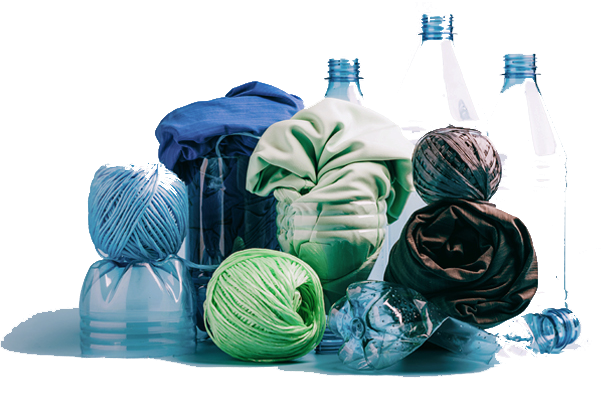

Repeet® is our in-house recycling brand, producing sustainable materials and garments made from recycled polyester yarn sourced from post-consumer PET bottles collected in Vietnam.

Repreve® is a recycling brand by Unifi (USA), offering sustainable materials and apparel using recycled polyester yarn from PET bottles.

RENU® is a recycling brand by ITOCHU Corporation (Japan), which uses discarded clothing, fabric scraps, and other polyester waste as raw materials, processed through a meticulous chemical recycling method.
Cotton
Natural Material
BETTER COTTON INITATIVE
BCI Cotton (Better Cotton Initiative) is cotton produced according to environmentally friendly standards. Through training and technical support, BCI helps farmers improve cotton yield and quality while reducing emissions that contribute to climate change.
Traditional cotton farming often requires large amounts of chemical fertilizers and water, placing pressure on both the environment and society.Therefore, BCI Cotton is considered a sustainable material, although it does not match the premium quality of Su pima Cotton, Pima Cotton, or Ice Cotton.

SUPIMA COTTON
Supima cotton is a premium type of cotton grown exclusively in the United States. It accounts for less than 1% of global cotton production. What sets Supima apart is its extra-long staple fibers, which give the cotton superior qualities: durability, softness, and color retention.
Supima cotton is cultivated using the most advanced technologies and processes — from GPS-guided tractors for planting and harvesting, to satellite systems and soil monitoring devices. Supima farmers ensure they are growing the world’s finest cotton with minimal environmental impact.
However, products made from Supima cotton are relatively expensive and typically positioned in the premium segment of the market.
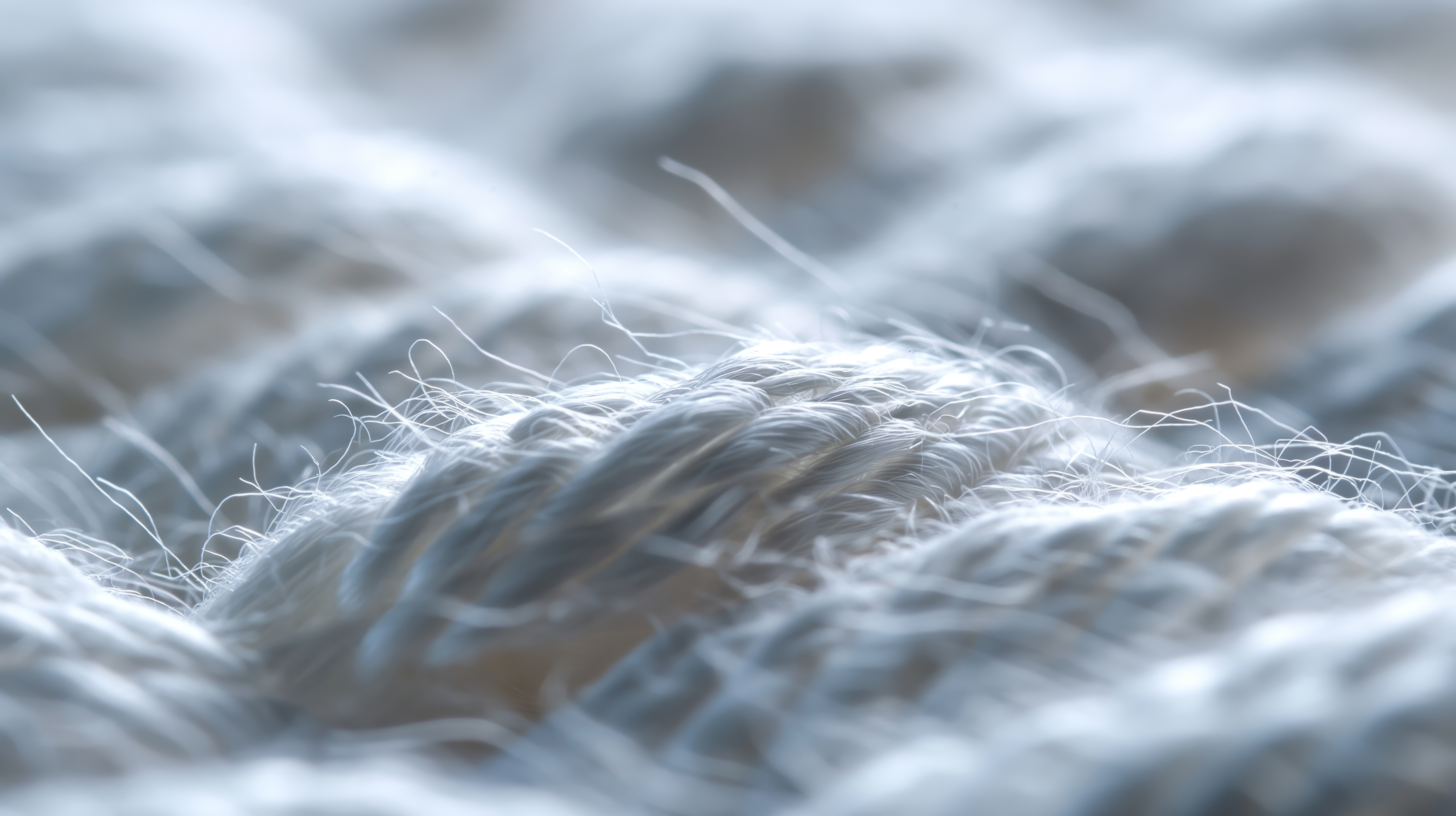
ICE COTTON
Ice-Cotton, also known as Silket cotton, is a type of cotton treated through the mercerisation process.
The goal of mercerisation is to swell the cotton fibers, enhancing luster, tensile strength (and maintaining it after easy-care finishing), dimensional stability, and dyeability (in terms of color uniformity and efficiency), while also giving the fabric a cool-touch sensation.
Ice-Cotton is widely used in fashion and premium products due to its relatively high cost.

ORGANIC COTTON
Organic cotton is a sustainable fiber grown without synthetic pesticides, artificial fertilizers, or other harmful chemicals. By law, organic cotton cannot be cultivated from genetically modified seeds and must follow strict farming standards to be certified organic.
In the United States, organic certification is overseen by the Federal Trade Commission (FTC) and the U.S. Department of Agriculture (USDA). Third-party certifications also cover the transformation of organic fiber into organic textiles — most notably Oeko-Tex Standard 100 and the Global Organic Textile Standard (GOTS).
However, the “organic” label may not tell the full story. When a product is labeled as organic cotton, it often refers only to how the cotton was grown. The final product may still be treated with harmful chemicals like bleach, formaldehyde, or dyed with toxic inks containing heavy metals. That’s why checking for Oeko-Tex and GOTS certifications is essential.


